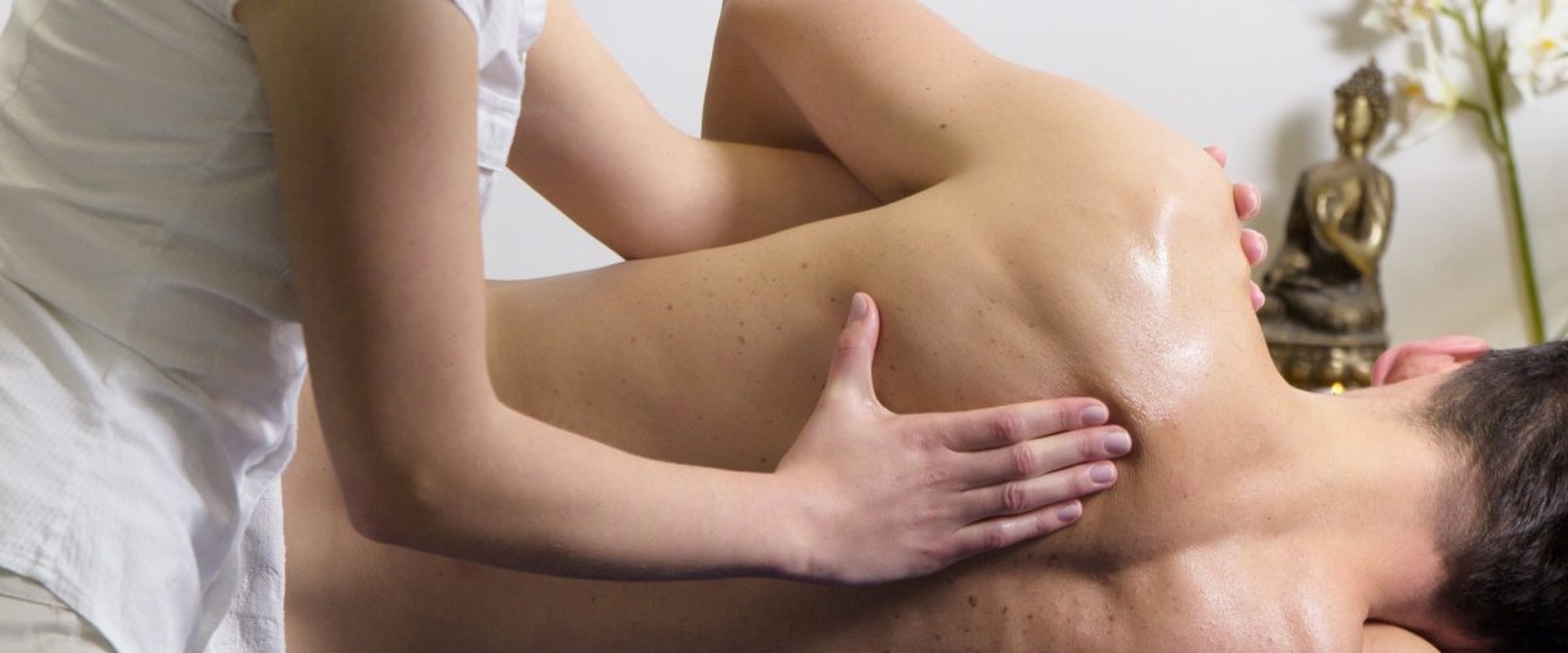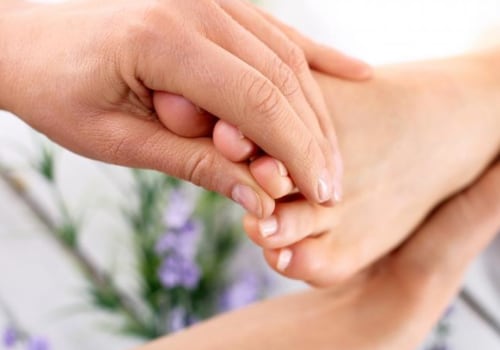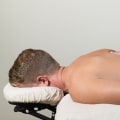The term masseuse is a French word that refers to a woman who practices massages. Men in the industry were known as massage therapists. A masseuse and a massage therapist do the same job; the only difference is that the term masseuse is gender-specific and refers to women. Masseurs, on the other hand, can be of any gender.
The Bureau of Labor Statistics uses the same standard occupational code (31-901) for both designations and for massage therapists, role players and massage professionals specifically for men. In French, the word masseuse is related to the word masser, which means to knead or rub. Masseuse is the female form of massage therapist. These terms remained popular and in use in the United States throughout most of the 20th century, until the push for the enactment of state laws on massages took off in the 1980s.
You still discover that even legal entities laugh and laugh at the mention of a masseuse or masseur. Despite the growing recognition of massage in wellness and health and the years of training, practice and customer service required, massage therapists continue to be undervalued both in income and in professional respect. Many therapists say that title terminology provides an effective way to educate potential clients about the health benefits of massage, as well as the legitimacy of professional massage practice. The use of the term could provoke a humorous explanation of the correct term or refer to ourselves as massage therapists.
Some of the masseuses may be excellent massage providers, but this extra (some sexual favor or even going at all costs) that the word masseuse has come to refer to has given the profession of massage therapy in general a bad name. What the general public should know is that individuals and the massage profession as a whole have worked tirelessly to ensure the legal protection of the practice of massage and their professional titles. Over the past six years, we've been fortunate to work with thousands of excellent massage professionals. An informal survey of massage therapists conducted by MASSAGE magazine through social media shows that professional massage therapists have developed innovative techniques to gently correct people who use outdated terminology to describe what they do.
Massaging soft tissues of the body together with muscles, with hands, especially fingers, by exerting pressure on points where sensation of pain has long been an art called massage therapy. Massage therapists need physical strength and dexterity to manipulate muscles and exert physical pressure and endurance to stand most of day. However, in 1980s, term ceased to be used in massage industry, as it became associated with sex work. Still, words masseuse and massage therapist are still alive as ways to describe type of touch that polite massage professionals don't practice.
Male massage therapists rarely find work in spas and other places used primarily by women because of clients' fear of sexual harassment. Today, according to research in MASSAGE journal, 45 states plus District of Columbia have laws that regulate massage. Even so, most massage therapists say that patience and even sense of humor should be maintained when correction is needed. Massage therapists meet licensing and education requirements, which has allowed term massage therapist to be protected and term massage therapist can no longer be used by anyone, they must be educated and licensed to use term.










